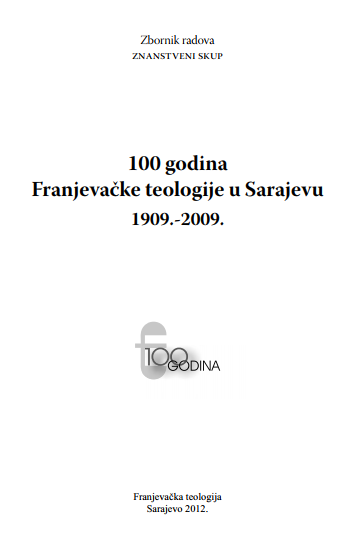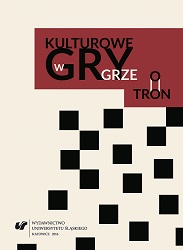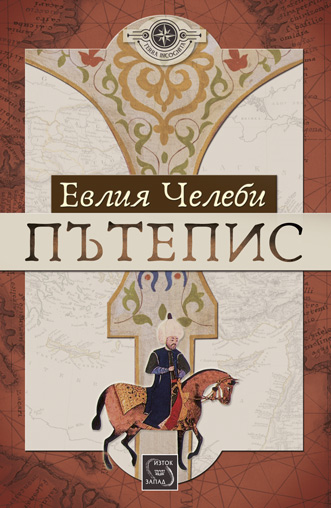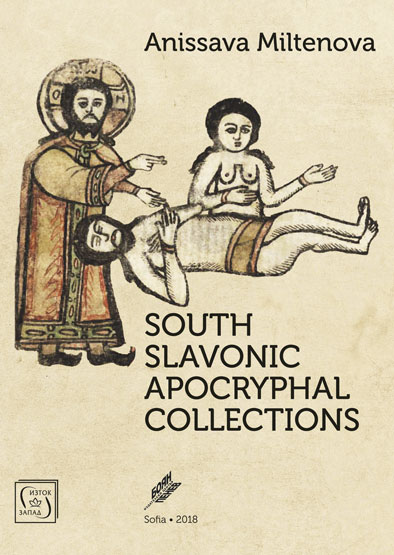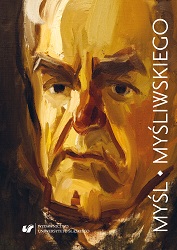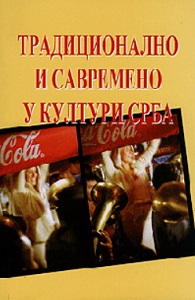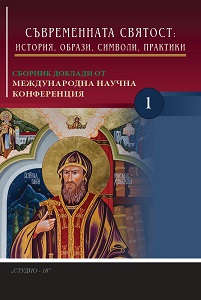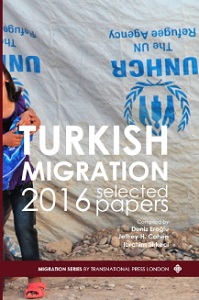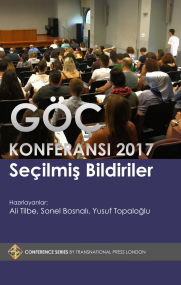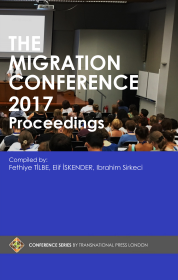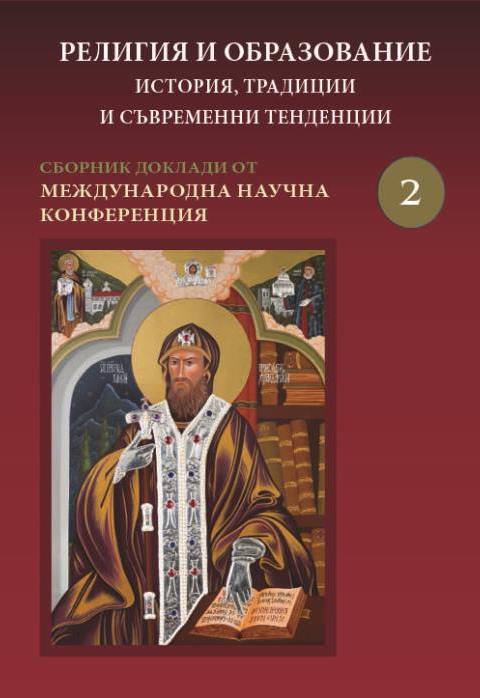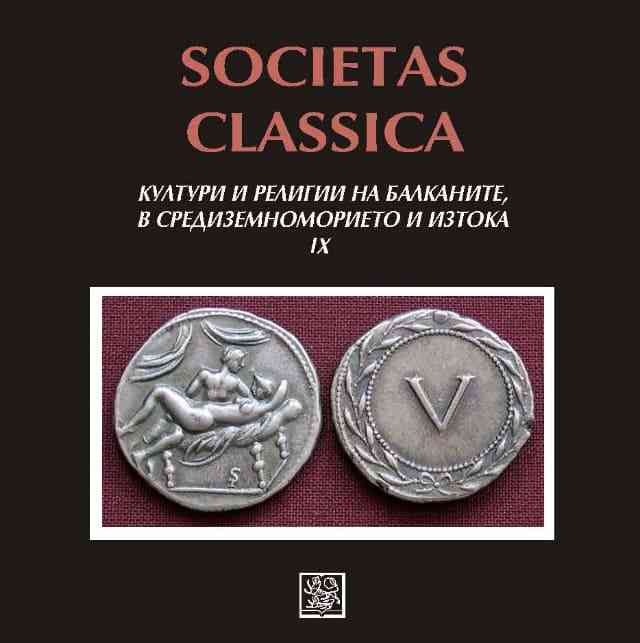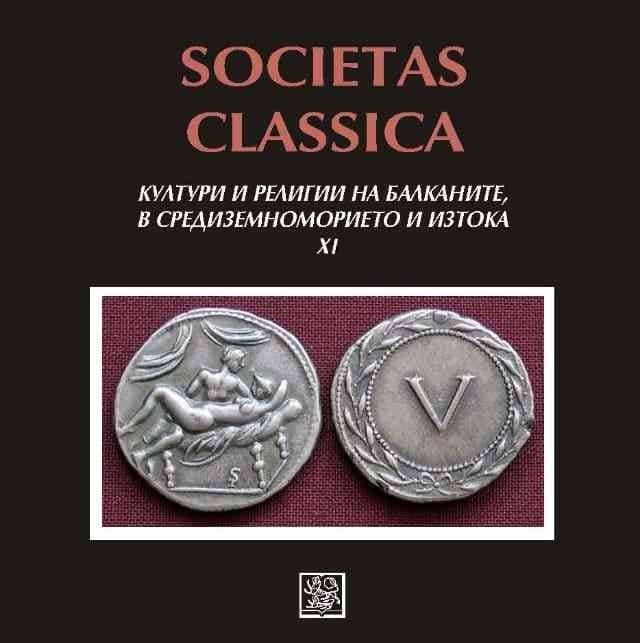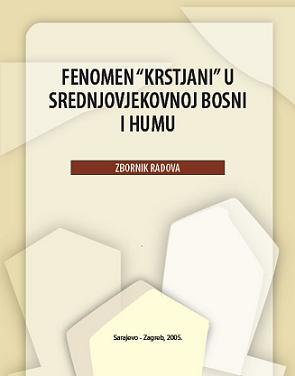
Българското богомилство и неговите европейски измерения
In Bulgaria, Bogomils emerged at the beginning of the 10th centry under the influence of dualistic Massalian and Paulician movements. Its doctrine, cosmogony and eschatology, its attitude toward the Holy Scripture, Church and its secrets and ceremonies, but in the same way, its social and moral ideas are all well-known through a Bulgarian writer Presbyter Kozma (second half of the 10th century), Patriarch Theophilact from Constantinople (933-956), Byzantine writers Euthymios Zigabenos and Euthymios of Peribleptos, and a document known under the Latin name “Interrogatio Johannis”. In medieval Bulgaria, Bogomils gained great importance during the reign of tzar Peter (927-969) and tzar Boril (1207-1218), and they were last mentioned in the mid-14th century. After 1018, Bogomils spread out over Byzantine region (both in the Balkans and Asia Minor) and in 1344 reached the orthodox core – Mount Athos. The Bogumils also spread out to Russia, Wallachia and Moldova, Transilvania and Bosnia. They made their way into northern Italy and southern France (hence the names Bulgari, Boulgares, Bugri, Bougres as synonyms for Catharite and Albigensian heretics in those regions). Works by Rainier Sacconi, Nicola Viguier and “Interrogatio Johannis” also serve as testimonies.
More...

